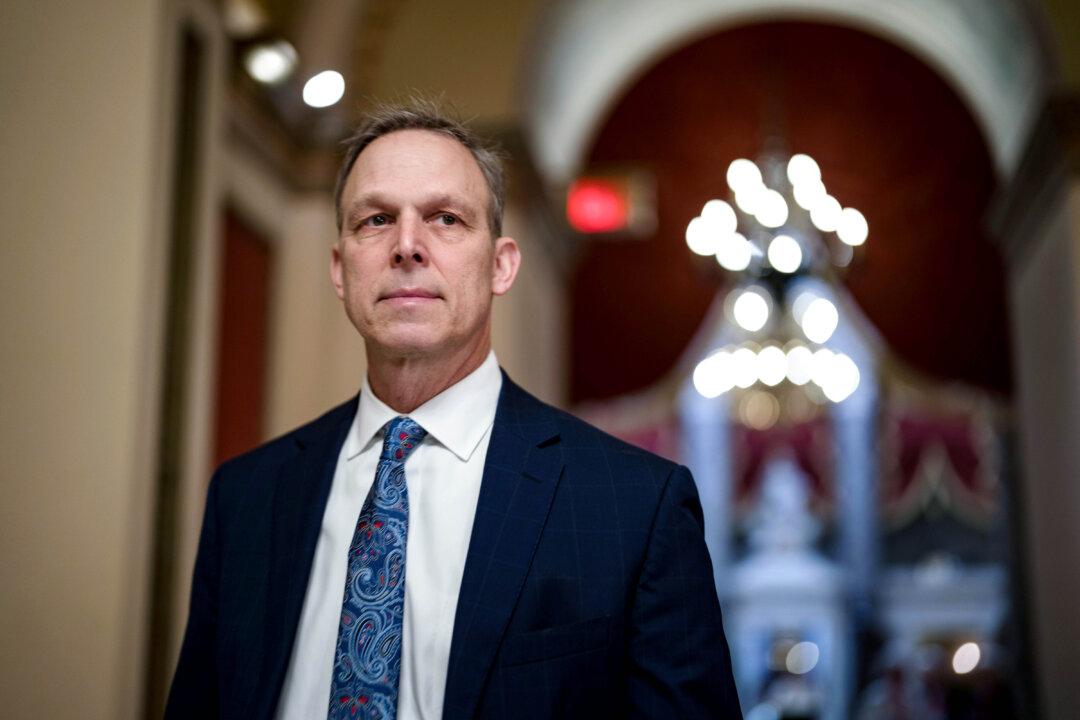The United States must act as if the Chinese regime’s ambition to annex Taiwan by 2027 is a “realistic potential,” Rep. Scott Perry (R-Pa.) said on Thursday.
It follows a recent remark by the commander of U.S. Strategic Command, Gen. Anthony J. Cotton, at an annual defense conference that Chinese leader Xi Jinping’s goal to invade Taiwan in 2027 has driven the Chinese Communist Party’s (CCP’s) investment “in land, sea, and air based nuclear delivery platforms, and infrastructure necessary to support a major buildup of their nuclear forces.”





